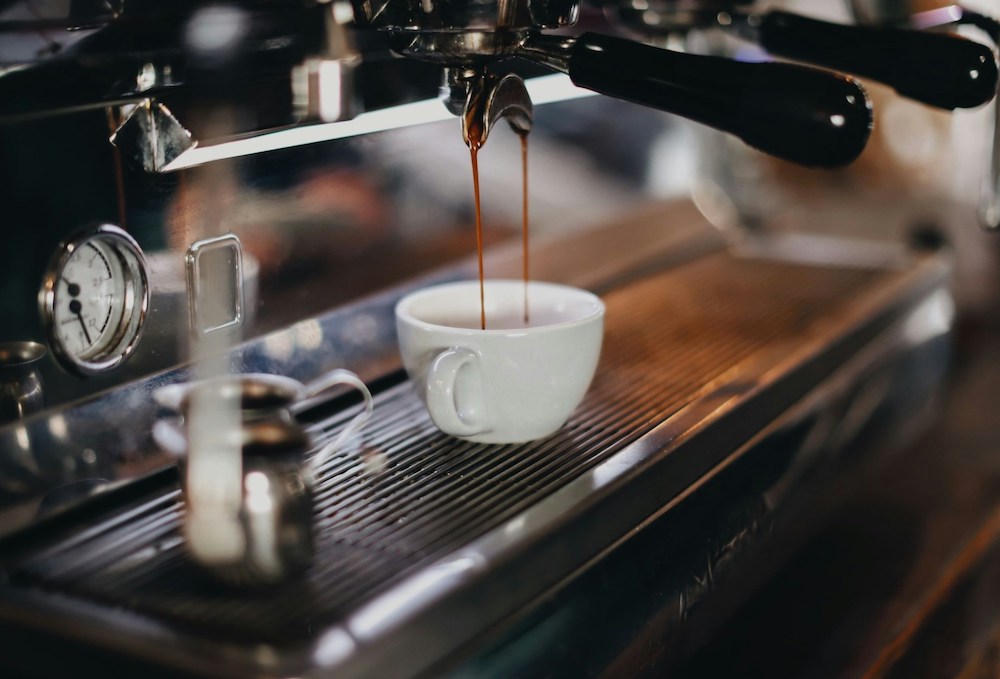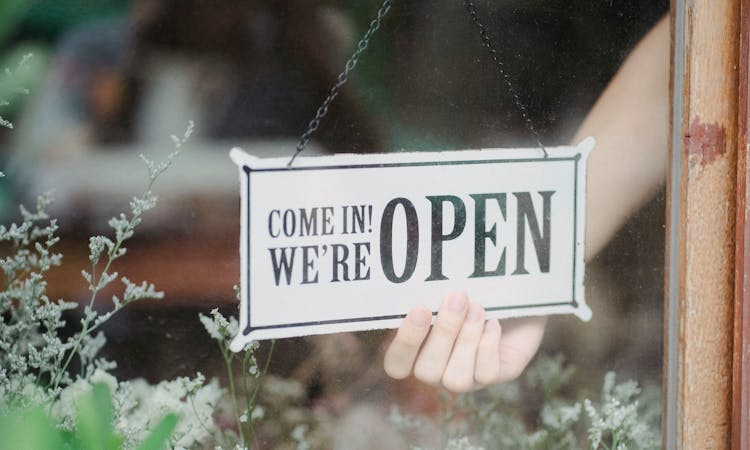With the recent uprise in sustainable consumerism, it's important to know what you're investing in. Single-use plastic has been heavily relied on in the past, which can be concerning for businesses that use disposable take-away cups, straws and stirrers.
However, that's not to say you can't buy a coffee shop franchise and use a sustainable business model. New options can be endorsed so you and your customers can still enjoy your cup of coffee guilt-free.
What is a Conscious Consumer?
To start with, whether you intend to become a conscious consumer or tailor your business to sustainable consumerism, you need to beware of what a conscious consumer is and what they want.
Conscious consumers aim to use their individual buying power to create a global impact. Consumers use their actions and ethical buying habits to vote by supporting businesses and products that support their values.
Ethically-conscious consumers pay slightly more for products and services that give back to society and help toward environmental issues, such as sustainability and conservation projects.

Is Growing Coffee Sustainable?
Coffee is one of the world’s most treasured drinks. It's enjoyed across the world in a variety of ways. But before the public can enjoy it, there are a lot of steps involved in its journey!
The Coffee Bean’s Journey
Before a coffee tree can produce its first harvest, it needs between four to seven years to establish itself. Once the tree can bear fruit, it will do so for around 25 years.
The fruit of the coffee tree is harvested by hand or machine before being processed. A coffee bean needs to be processed to remove the outer fruit and expose the coffee bean.
Coffee can be processed one of two ways:
- Traditional sun-drying
- Combination of water and machinery
Once processed, the coffee bean needs to be:
- Hulled
- Cleaned
- Sorted
- Prepared for shipping
What is Sustainable Coffee?
Sustainability ultimately comes down to three connected factors:
- People
- Planet
- Profit
Sustainable development aims to meet the needs of the present without negatively affecting future generations. This can be done a number of ways, including responsibly using resources.
The main sustainable issues that lie with the world of coffee are:
- Coffee production
- Deforestation
- Soil erosion
- Water contamination
How to Avoid Exploitive Coffee Production
Many coffee-producing countries endure extreme poverty and lack of an effective social infrastructure, making producers and their families vulnerable.
Coffee prices will directly impact these communities' basic necessities such as food, housing, healthcare and education, which makes the sustainability of some coffee production questionable.
Franchises such as Esquires Coffee purchase Fairtrade Coffee to help support coffee farmers, ensuring that they receive a fair cut for their crop. The organisation supports 750,000 coffee farmers working within an unstable market, helping them to earn their income, protect their local environment and invest in their farmers and communities.
The organisation invests in climate-friendly farming techniques, clean water for the community, nurtures female leaders and ensures children receive an education.
Deforestation in the Coffee Industry
Unethical coffee production has been a contributing factor to deforestation. This is because coffee is grown in either of two ways:
- Sun-grown
- Shade-grown
Sun-grown coffee is recognised to produce nearly three times as much fruit as shade-grown coffee. Therefore, an increase in sun-grown coffee can result in a larger loss of the rainforest.
Coffee farmers certified under the Rainforest Alliance certification programs, including the UTZ certification, are trained to utilise agricultural practices that help to prevent deforestation. The organisation uses their resources to develop innovative farm and landscaping strategies to tackle environmental and economic issues.
Here at Esquires Coffee, we take pride in supporting organisations such as the Rainforest Alliance! Why not visit one of our coffee shops and try one of our Rainforest Alliance vegan brownies?

How Can I Buy Coffee Ethically?
Coffee doesn't need to be unethical or environmentally unfriendly; there are still plenty of ways you can enjoy your coffee guilt-free!
Coffee shops can be made eco-friendly by implementing practices such as:
- Paperless receipts
- Utilising reusable cups
- Minimising food waste
- Opting for eco-friendly takeaway containers
- Investing in Fairtrade and Rainforest Alliance products
- Update your coffee sourcing criteria
When purchasing your coffee, always check that you can trace the beans back to the farm where they grew. If a company or brand can't offer you transparency, there may be an ethical issue involved with the production of their coffee.

How Do You Know if Your Coffee is Sustainable?
There are some general signs that are worth keeping an eye out for when investigating whether or not your coffee is ethical.
Low Prices
If the prices of your coffee are suspiciously low, then the chances of the coffee bean farmer receiving an adequate price are very slim. Low paid coffee farmers are often forced to prioritise quantity over quality, which can involve deforestation.
Transparency
Your favourite coffee brand should be able to openly share the source of their coffee. If they're unable to trace their coffee back through its production line, then they could be hiding something.
Realistically, a brand should be as transparent about their supply chain as possible, to the point where they can trace their coffee back and list the farm where it was grown. This transparency should also allow you an insight into how much they paid the farmer. If they are not vocalising these facts and you would like to find out, simply ask the brand, and they should answer.
Sustainable at the Source
Sometimes it's the details that shed light on a brand’s ethical attitude. Small steps can lead to a larger change.
Reusable cups, recyclable packaging and repurposing waste, such as compostable filters and coffee grinds, are great indicators of a brand’s willingness to move forward as an ethical brand.
But what else is the company doing? How are they moving toward creating an ethical outcome? Functioning with a sustainable foundation is essential to move forward as an ethical brand, which can easily be overlooked for financial purposes.
Coffee can be grown and processed sustainably, so you can still indulge in its delights. The only way you can find out if your coffee is truly sustainable, though, is by doing some homework and asking your favourite coffee brand what they are doing and how they plan to move towards a more ethical existence.
If you would like to invest in and buy a franchise that is ethically conscious, why not chat with a member of our team here at Esquires Coffee. For more information, browse the rest of our website!







